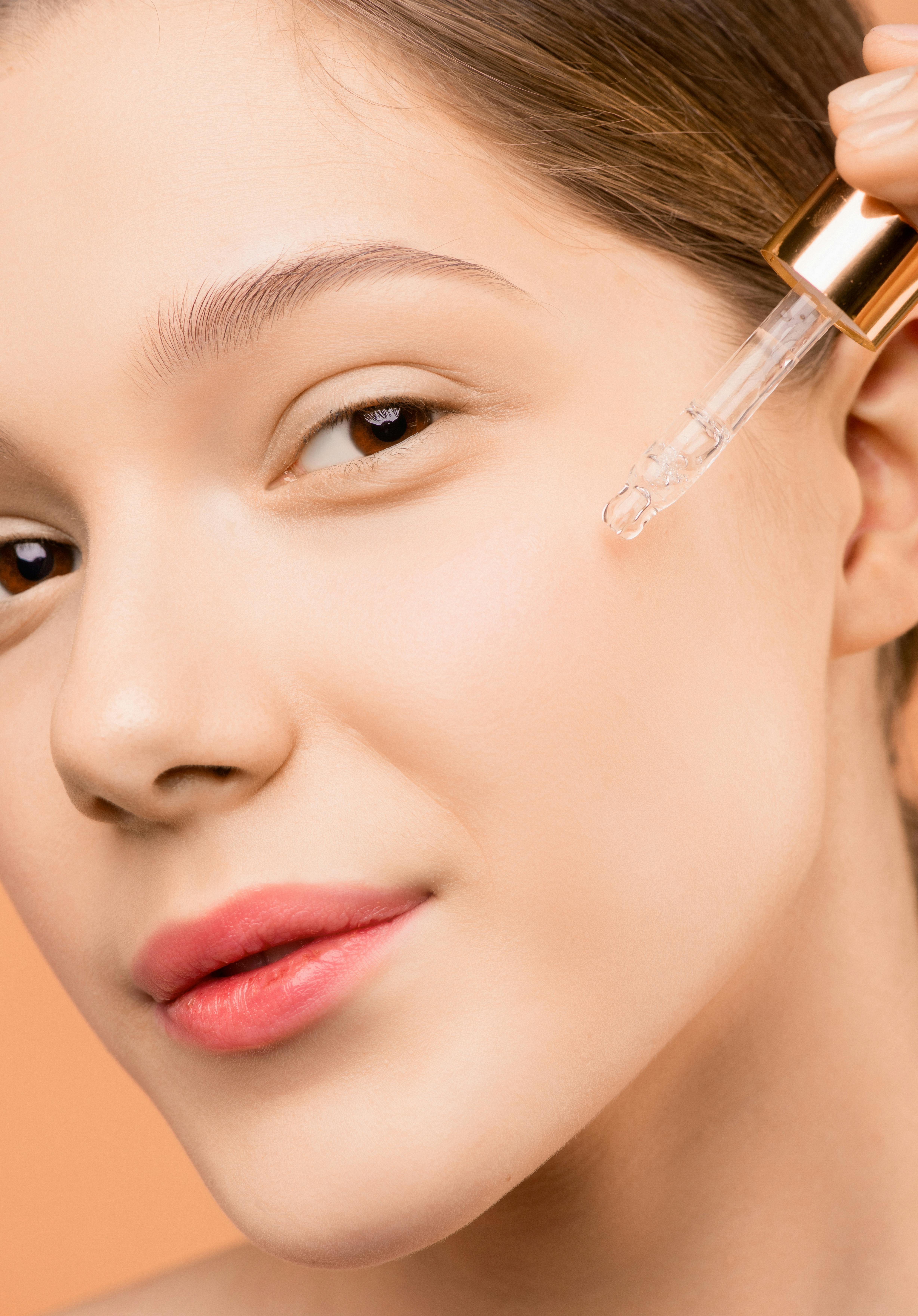Why More Seniors Are Turning to Age-Friendly Cosmetics
As skin changes with age, so do its needs. More seniors are embracing cosmetic routines that prioritize hydration, comfort, and simplicity. Explore what’s behind the shift and discover practical insights for enhancing natural beauty at any age. Learn more.

As people age, their relationship with beauty and skincare evolves. The cosmetics industry has traditionally focused on younger demographics, but a remarkable transformation is underway. Seniors are increasingly seeking products that work with their skin rather than against it, leading to a surge in age-appropriate cosmetic options. This shift acknowledges that mature skin deserves formulations that celebrate its unique characteristics while providing effective, gentle care.
Overview of Common Skincare Needs for Aging Skin
Aging skin undergoes several natural changes that affect how it responds to cosmetics and skincare products. Collagen production decreases over time, leading to reduced elasticity and the formation of fine lines and wrinkles. The skin’s natural oil production also diminishes, resulting in increased dryness and a compromised moisture barrier. Additionally, mature skin tends to be thinner and more delicate, making it more susceptible to irritation and damage from harsh ingredients.
Seniors often experience uneven skin tone, age spots, and increased sensitivity to environmental factors. The skin’s ability to retain moisture decreases significantly, which can make traditional makeup products appear cakey or settle into fine lines. Understanding these changes is crucial for selecting cosmetics that enhance rather than emphasize these natural transformations. Hydration becomes paramount, as does choosing formulations that provide a smooth, natural finish without drawing attention to texture concerns.
Tips for Choosing Age-Appropriate Makeup Products and Application Techniques
Selecting the right makeup products for mature skin requires a thoughtful approach. Cream-based formulations generally work better than powders, as they provide hydration and blend more seamlessly into the skin. Foundations with light-reflecting particles can create a subtle glow without emphasizing wrinkles, while tinted moisturizers offer coverage with added skincare benefits. Avoid matte finishes, which can make skin appear dull and accentuate dryness.
Application technique is equally important. Using a damp beauty sponge helps achieve a natural, dewy finish while preventing product from settling into fine lines. Less is often more with mature skin—building coverage gradually allows for a more natural appearance. Cream blushes and highlighters blend effortlessly and provide a youthful radiance. For eye makeup, cream shadows are easier to apply and less likely to crease than powder formulas. Defining brows gently with a pencil or powder can frame the face beautifully without appearing harsh.
Primer becomes an essential step, creating a smooth canvas and helping makeup last longer. Choose primers with hydrating properties rather than mattifying formulas. When applying lip color, use a lip liner to prevent feathering, and opt for creamy lipsticks or glosses that keep lips hydrated. Setting sprays rather than powders help lock makeup in place while maintaining a fresh, natural look.
Ingredient Spotlight: What to Look for and Avoid in Age-Friendly Cosmetics
The ingredients in cosmetics can make a significant difference in how they perform on mature skin. Look for products containing hyaluronic acid, which attracts and retains moisture, providing plumpness and hydration. Peptides support collagen production and help improve skin firmness. Antioxidants like vitamins C and E protect against environmental damage while brightening the complexion. Ceramides strengthen the skin barrier and prevent moisture loss.
Niacinamide is another beneficial ingredient, helping to even skin tone and reduce the appearance of fine lines. Glycerin and squalane provide lightweight hydration without feeling heavy. Light-reflecting pigments create a subtle luminosity that enhances natural beauty. Many age-friendly cosmetics also incorporate SPF protection, which is essential for preventing further sun damage and maintaining skin health.
Avoid products containing alcohol, which can be extremely drying and irritating to mature skin. Fragrances, whether synthetic or natural, can trigger sensitivity and should be minimized or eliminated. Harsh exfoliants and aggressive ingredients may compromise the skin’s delicate barrier. Matte formulas and heavy powders tend to emphasize texture and should be used sparingly if at all. Talc can be drying and may settle into fine lines, making it less ideal for mature skin.
The Growing Market for Age-Inclusive Beauty
The beauty industry’s recognition of seniors as a valuable demographic has sparked innovation and inclusivity. Major brands are expanding their ranges to include products specifically formulated for mature skin, while new companies are emerging with age-positive messaging. This shift reflects changing attitudes about aging and beauty, moving away from anti-aging rhetoric toward celebrating beauty at every life stage.
Retailers are also adapting, with improved lighting in stores and staff training to assist older customers. Online resources, tutorials, and communities provide valuable information and support for seniors exploring cosmetics. The emphasis is increasingly on enhancing natural features and promoting skin health rather than masking or correcting signs of aging. This approach empowers seniors to feel confident and express their personal style through makeup.
Health and Wellness Considerations
This article is for informational purposes only and should not be considered medical advice. Please consult a qualified healthcare professional for personalized guidance and treatment.
When selecting cosmetics, seniors should consider any skin conditions or sensitivities they may have. Those with rosacea, eczema, or other dermatological concerns should choose hypoallergenic, non-comedogenic products and may benefit from consulting a dermatologist. Patch testing new products before full application can help prevent adverse reactions. Maintaining a consistent skincare routine that includes gentle cleansing, moisturizing, and sun protection creates the ideal foundation for makeup application.
Regular eye examinations ensure that vision changes don’t interfere with makeup application, and good lighting is essential for achieving desired results. Keeping makeup tools clean prevents bacterial growth and potential skin infections. Replacing products according to their expiration dates maintains both efficacy and safety.
Embracing Beauty at Every Age
The movement toward age-friendly cosmetics represents more than just product innovation—it reflects a cultural shift toward inclusivity and celebrating beauty in all its forms. Seniors today are redefining what it means to age gracefully, embracing cosmetics as tools for self-expression and confidence rather than camouflage. With the right products and techniques, makeup can enhance natural features, boost self-esteem, and provide a creative outlet at any age.
As the market continues to evolve, seniors have more options than ever before. Whether seeking full coverage or a natural, barely-there look, age-appropriate cosmetics offer solutions that work harmoniously with mature skin. The key lies in understanding individual needs, selecting quality products with beneficial ingredients, and applying them with techniques that enhance rather than mask the beauty that comes with experience and time.




